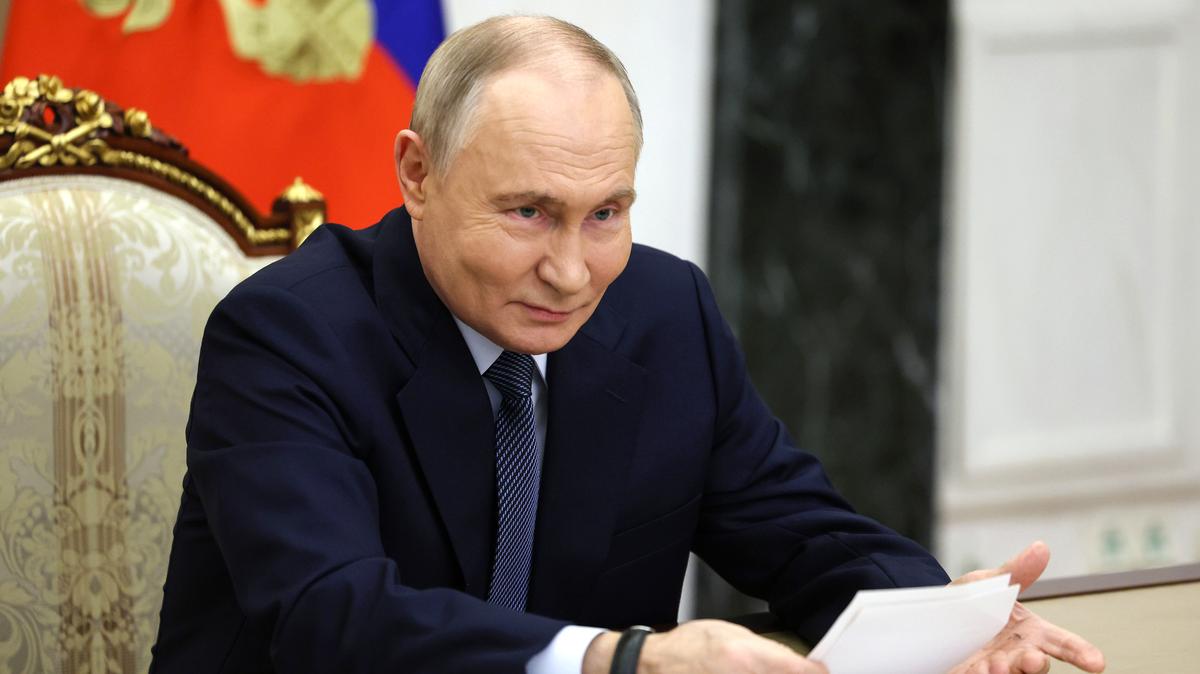
Photo Illustration: The Intercept/Getty Images
I’ve been writing critically about billionaire Elon Musk since he took over Twitter — particularly about his “free speech” hypocrisy and his censorship of left-wing accounts. This must have angered him. Last week, he suspended me and eight other journalists from Twitter.
We had all pointed out that Musk censored a Twitter account, @ElonJet, which used public data to post the location of his private jet, but that @ElonJet had moved to rival social networks, like Mastodon, that didn’t censor the account. Musk accused us of “doxxing” him by posting “assassination coordinates” and then tried to blame his outburst on an alleged stalking incident that had nothing to do with the @ElonJet account.
My suspension lasted just a few days before my account was reinstated. When people visit my Twitter profile, it no longer says “account suspended,” and it looks as if I’m back on the platform. Friends and strangers alike have reached out to me saying it’s good to see that I’m back on Twitter. It’s an illusion.
In reality, I’m still locked out of my Twitter account unless I agree to delete a specific tweet at the behest of the billionaire. Several of the other suspended journalists are in the same boat. (Twitter, where the communications team was decimated by Musk’s layoffs, did not immediately reply to a message for comment.)
When I log in to my Twitter account, the site is replaced with the message: “Your account has been locked.” Twitter accuses me of violating its rules against posting private information. (In the 13 years that I’ve used Twitter, I’ve never violated any rules, and my account has never been suspended or locked until now.)
To unlock my account, I must remove the offending tweet, which in my case said, “Twitter just banned Mastodon’s official Twitter account @joinmastodon with 174,000 followers, probably because it tweeted a link to @ElonJet’s Mastodon account. Twitter is now censoring posting the link, but the user is @elonjet@mastodon.social.”

Screenshot: Micah Lee
I didn’t want to bend the knee to the Mad King of Twitter, so I submitted an appeal. “My tweet is about Twitter censoring rival social network Mastodon,” I wrote. “This is suppression of speech that never would have happened before Elon Musk took over.” After two days, I received an update from Twitter: “Our support team has determined that violation did take place, and therefore we will not overturn our decision.”
My alleged offense is that I posted private information to Twitter by linking to @ElotJet’s account on Mastodon or, in my case, mentioning the username and showing the link in a screenshot. This is on its face absurd — I didn’t post private information, much less “assassination coordinates” — but a quick Twitter search for https://mastodon.social/@ElonJet shows that plenty of other accounts have posted this same link yet aren’t locked out.
I’m not the only suspended journalist that’s locked out of my account. Some journalists like Drew Harwell of the Washington Post have written on Mastodon about being locked out. “For anyone wondering,” Harwell wrote, “I’m still unable to access Twitter until I delete this tweet, which is factual journalism that doesn’t even break the location rule Twitter enacted a few days ago.” He appended a screenshot of the tweet.
And in an interview on CNN, Donie O’Sullivan, another suspended journalist, explained that his account is locked as well. “Right now, unless I agree to remove that tweet at the behest of the billionaire, I won’t be allowed to tweet on the platform,” he said. He also submitted an appeal.
Mashable’s Matt Binder was unsuspended following the mass banning, but he wrote on Mastodon that when he wrote to a Twitter official to ask how he had broken company policy, he was then locked out. “Seems they forgot to force me to delete the tweet the first time, like they did the other suspended journalists,” he wrote.
Steve Herman of Voice of America, whose account was also suspended last week, told CNN over the weekend: “When I got up this morning, I saw a bunch of news stories that my account had been reinstated with those of the others. Well, that’s not exactly true.” Herman explained that Musk was demanding he delete three offending tweets, all about @ElotJet.
The New York Times reported that the account of its suspended journalist, Ryan Mac, was also locked, contingent on whether he chooses to delete posts that Twitter flagged as violating rules against posting private information.
Other journalists who were suspended for their @ElonJet-related tweets are now fully back, including Aaron Rupar and Tony Webster.
I personally don’t plan on submitting to Musk’s petty demands. We’ll see if anything changes. In the meantime, you can follow me on Mastodon at @micahflee@infosec.exchange, and The Intercept at @theintercept@journa.host.
The post Elon Musk Is Still Silencing the Journalists He Banned From Twitter appeared first on The Intercept.

 1 year ago
77
1 year ago
77


